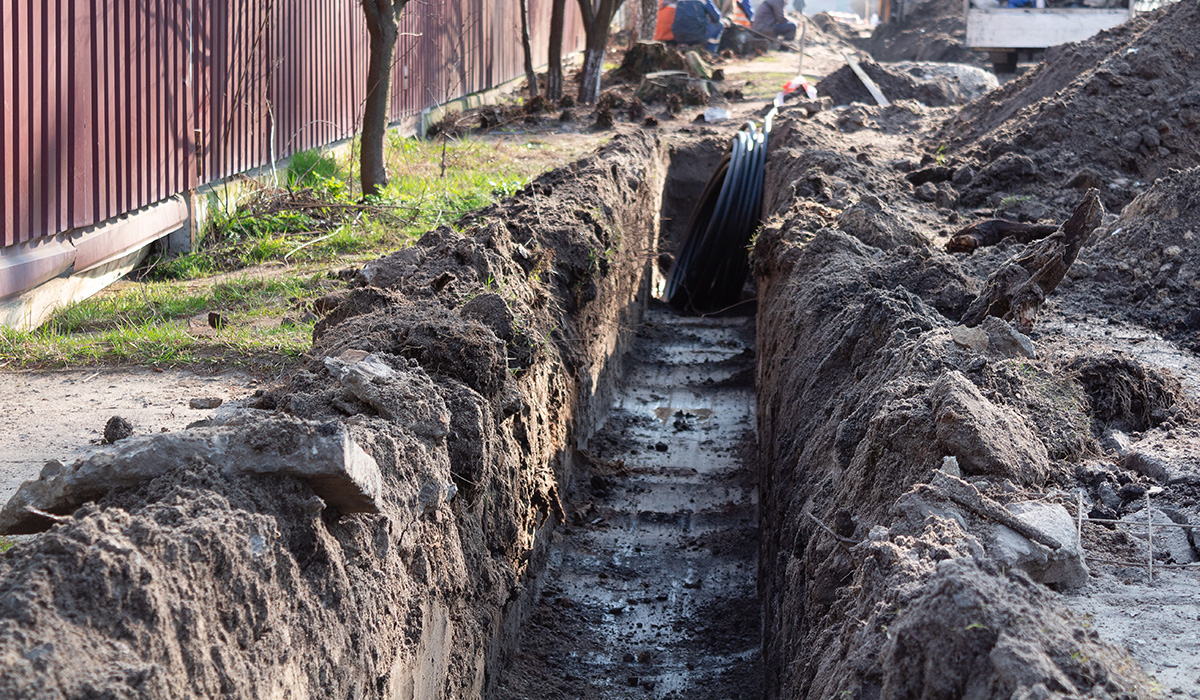If you’re planning any sort of large-scale building project, then it’s likely you’ll need some form of specialist groundworks. Depending on where you’re building and what was already there, this could mean anything from levelling a sloped area of terrain to putting in drainage or even stabilising the soil.
But how do you know which, if any, specialist groundworks you’ll need? And how much can they drive up the budget of your project?
The Importance of Specialist Groundworks
Groundworks are a vital part of many building projects because they prepare the land that’s going to be built on. Put simply, this is something you simply can’t afford to get wrong, because, in most cases, you can’t go back and fix this stuff later.
If you build on land that’s likely to flood and don’t take adequate precautions, or if the foundation for your structure isn’t as solid as it needs to be, then you’ve got a serious problem on your hands.
What you have to remember is that specialist groundworks are as much a part of the building process as they are a preparation for it. Particularly when it comes to jobs like piling or retaining walls, the construction simply won’t be able to go ahead until this work is done.
Factors to Consider
This is the point where, if you haven’t already, you’ll absolutely need to be consulting the experts. That shouldn’t be too much of a problem, because if you’ve put together a decent design team – making sure to include architects, engineers, and other specialists in the planning phase – then they’ll already have made a number of decisions about which kinds of specialist groundworks will likely be required.
Remember that evaluating the terrain should be one of the first things any design team does, long before plans get to the building stage.
Balancing The Budget
If you’re worried about the potential costs of specialist groundworks then we have two important tips for you. Plan ahead, and communicate with your contractor.
Forward planning is a key part of keeping any project within budget. This way you can weigh all your options long before making any commitments and find the solutions that best serve all your goals.
Communication, meanwhile, will help you to navigate any tricky problems. Remember that while your design team will each be experts in their own field, your job is to keep them working together. Make sure to speak with the contractors at multiple stages of development to get their input on the practicality and feasibility of your designs.
All that being said, specialist groundworks should never be a last-minute consideration. In a well-organised project, there should be a clear understanding of what will happen at each stage of construction before the building begins. If you have that, then everything will go far more smoothly.



